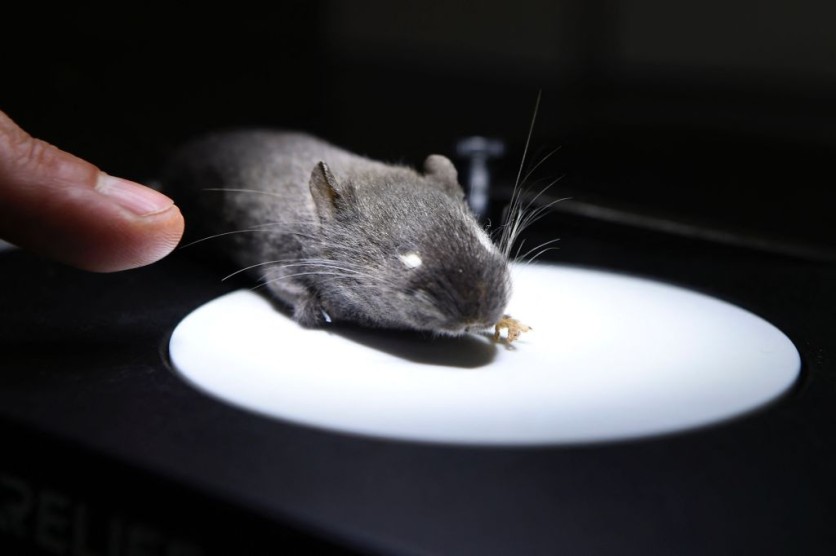Researchers in China have announced a groundbreaking discovery in the treatment of retinitis pigmentosa, a leading cause of blindness in humans.
The research team used a new CRISPR-based genome editing technique to successfully restore vision in mice.

New CRISPR System
While previous studies have used genome editing to restore vision in mice with genetic diseases that affect the retinal pigment epithelium, which is a layer of non-neuronal cells in the eye that supports the light-sensing rod and cone photoreceptor cells, most inherited forms of blindness, including retinitis pigmentosa, are caused by genetic defects in the neural photoreceptors themselves.
Led by Kai Yao, a professor at Wuhan University of Science and Technology, the researchers used a new and versatile CRISPR system called PESpRY to correct a mutation in the gene encoding PDE6β, a critical enzyme required for vision.
The PESpRY system is programmable to fix various types of genetic mutations, regardless of their location in the genome.
After targeting the mutant PDE6β gene with the PESpRY system, the researchers corrected the mutation and restored the enzyme's activity in the retinas of the mice. This prevented the death of rod and cone photoreceptors and restored their normal responses to light.
The study's behavioral tests confirmed that the gene-edited mice retained their vision even into old age. For example, the mice were able to navigate through a visually guided water maze almost as well as healthy mice and displayed typical head movements in response to visual stimuli.
Retinitis pigmentosa is caused by mutations in over 100 different genes and is estimated to affect one in every 4,000 people. The condition starts with the dysfunction and death of dim light-sensing rod cells, which eventually spreads to the cone cells required for color vision, leading to severe and irreversible vision loss.
PESpRY in humans?
While this discovery offers hope for those with retinitis pigmentosa, Yao warns that much work still needs to be done to establish the safety and efficacy of the PESpRY system in humans.
However, he remains optimistic about the potential applications of this new genome-editing strategy in treating inherited retinal diseases like retinitis pigmentosa.
"Our study provides substantial evidence for the in vivo applicability of this new genome-editing strategy and its potential in diverse research and therapeutic contexts, in particular for inherited retinal diseases such as retinitis pigmentosa," Yao said in a statement.
The researchers' innovative approach to genome editing represents a significant milestone in the fight against retinitis pigmentosa, offering the possibility of restoring sight to millions of people worldwide.
Further studies may help to establish the long-term safety and effectiveness of this strategy in humans, paving the way for novel therapies for other genetic disorders.
The team's findings were published in the Journal of Experimental Medicine.
Related Article : CRISPR Gene Therapy Volunteer's Death Raises Questions; Is Gene-Editing Really Safe?

ⓒ 2025 TECHTIMES.com All rights reserved. Do not reproduce without permission.




